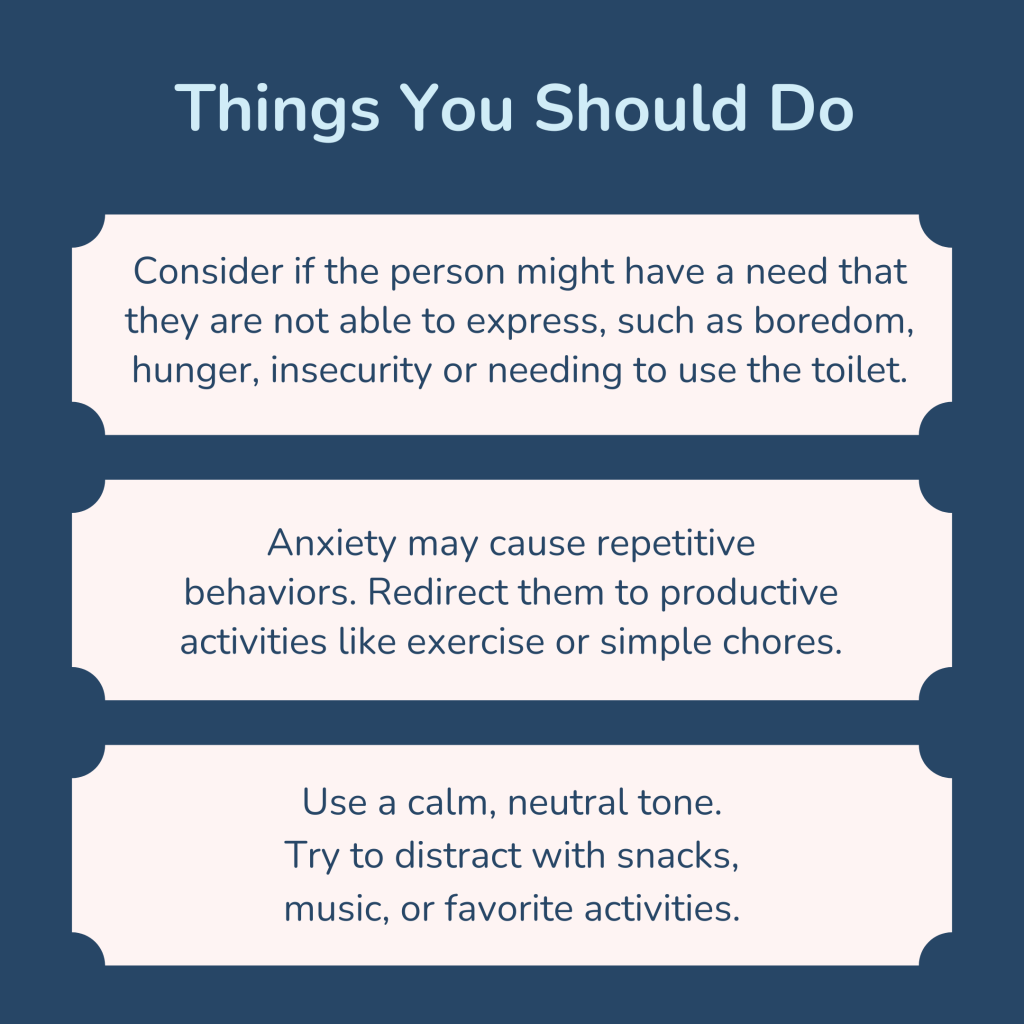If you’re noticing changes in your parents’ personality or behavior, it’s important to understand what’s happening and how to support them just like Rowan. Today, I’ll be discussing ways to address these changes. So, you can provide the appropriate support and care while maintaining your beautiful bond.
How to Deal with Personality Change in the Elderly?
These 7 tips will help you manage this challenging time, making things easier for both you and your loved ones.
1. Rule Out the Cause:
Sometimes, the personality and behavioral changes your parents are experiencing might be their body’s way of signaling an underlying medical condition, such as Alzheimer’s, dementia, or chronic pain.
To understand the cause, start by gently asking how they’ve been feeling about their health. Remember, you don’t have to figure this out alone—consulting their doctor is essential for a proper diagnosis. Preparing ahead by noting these changes will help you communicate effectively with the doctor.
2. Minimize the Distractions:
Your parents may feel overwhelmed by excessive noise, clutter, or busy environments. Minimizing distractions and creating a comfortable and organized living space can help manage personality changes. Such as:
- Opt for soft lighting.
- Turn off the TV when not in use.
- Keep items of everyday use within reach.
- Declutter the space by removing unnecessary items and avoid overcrowding rooms with furniture.
- If they follow a routine, give them time to rest between events or tasks. Don’t schedule too many activities in a day.
To reduce confusion and frustration, especially if your parents have been diagnosed with Alzheimer’s or dementia, establish a consistent routine. Maintain regular times for activities such as sleeping and eating, as this can provide stability and comfort.
3. Do not React to Inappropriate Behaviour:
If they act inappropriately, try not to show embarrassment or frustration. Instead, gently let them know their behavior isn’t appropriate. If they become aggressive when you set limits or guide them on how to behave, stay calm, and don’t react emotionally. Watch for what might be triggering their agitation and try to handle it before things escalate.
4. Nexj Health Digital Coaching:
88% of Canadians believe that accessing their health information online helps them take better control of their health.
Digital tools guide you and help you keep updated about your health in the comfort of your own home. Similarly, Nexj digital coaching helps your loved ones through their personalized support. It improves mental well-being by easing stress, anxiety, and depression with positive habits. It also helps you and your loved one in managing chronic conditions by promoting healthy routines and reducing risks. Plus, it helps build lasting wellness habits for a balanced, healthier life.
Two simple ways to use this service:
- Chat directly with a health coach for guidance.
- Schedule one-on-one video sessions with general or cancer health coaches for more in-depth support.
5. Lifestyle Adjustments:
Help your parents in adopting a healthy lifestyle. This includes a balanced diet, regular routine, exercise, and adequate sleep. These lifestyle adjustments should be a key part of your approach to addressing any personality or behavioral changes.
Since the brain plays a vital role in regulating emotions, behavior, and decision-making, involve your parents in brain-stimulating activities. These can include tasks that require critical thinking or memory challenges, such as puzzles, reading, or learning something new. Light physical activities like walking, yoga, or swimming can also help improve mood and reduce stress.
Additionally, encourage them to reconnect with friends and engage in social activities. Positive social interactions are effective in reducing feelings of depression and anxiety, contributing to their overall well-being.
6. Be Emotionally Present:
Validating someone’s concerns can be one of the best things you can do. Why? Because it helps them feel they are not alone in their struggles. Try talking to your parents—the more they open up, the easier it becomes to deal with them.
An easy way to support them is by making them feel secure and comforted in your presence. Ask them what’s bothering them and take the time to truly listen. Reassure them, even if it takes saying it a thousand times, that you are always there for them. Moreover, engage and encourage them in activities they enjoy.
You can also explore online resources to learn more about cognitive, emotional, and mood changes. These resources will help you better understand their situation and respond accordingly.
7. Psychotherapy:
In psychotherapy, cognitive behavioral therapy (CBT) is considered the most effective option. This is because it focuses on techniques that address negative thought patterns and behaviors, which can manifest as personality changes.
Art therapy is also effective if you want your parents to express their emotions. However, what works best can only be determined by a professional therapist.
Tips to Handle Compulsive Behaviour:
If your loved one repeats a specific task or activity, this can be a major sign of compulsive behavior.
Some other signs include;
- Checking locks, doors, and curtains repeatedly.
- Walking in set patterns, like pacing.
- Hoarding or collecting items.
- Counting or organizing things over and over.
- Going to the toilet often.
- Being very selective about food.
When this happens, understand that the behavior is not intentional as they don’t get any pleasure out of it.

What We Can Do?
If you need help understanding or addressing your loved one’s needs. Dont worry. We offer professional caregivers who can assist with personalized care, making sure that every detail of your loved one’s routine is handled with compassion and expertise. Reach out for a free assessment today!
FAQ’s
Q. What causes personality changes in older adults?
Personality changes in seniors can result from various factors, including cognitive decline, neurological conditions like dementia or Alzheimer’s disease, mental health issues such as depression or anxiety, medication side effects, and significant life events like the loss of a loved one or retirement.
2. How can I support a senior experiencing personality changes?
Providing a supportive environment is crucial. Maintain open communication, encourage engagement in enjoyable activities, and seek professional help if needed. Understanding the underlying causes and being patient can significantly aid in managing these changes.
3. Are personality changes a normal part of aging?
While some personality changes can occur with aging, significant or sudden changes are not typical and may indicate underlying health issues. It’s important to consult a healthcare professional to determine the cause.
4. Can medication cause personality changes in seniors?
Yes, certain medications can lead to personality changes due to side effects or interactions with other drugs. If you notice such changes after starting a new medication, consult the prescribing doctor.
5. When should I seek professional help for a senior’s personality changes?
If the personality changes are sudden, severe, or interfere with daily life, it’s essential to seek professional help. Early intervention can lead to better outcomes and help manage any underlying conditions effectively.






